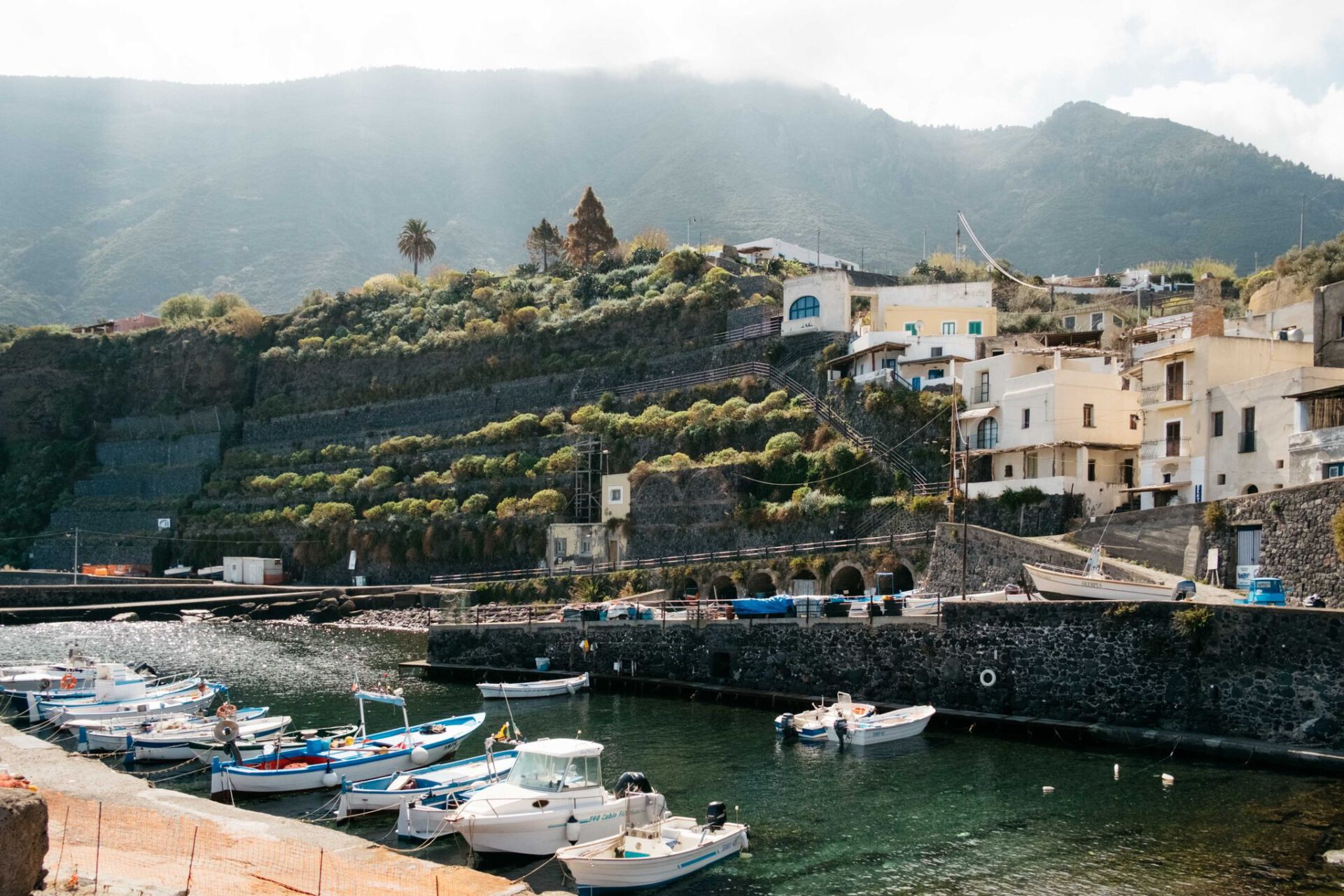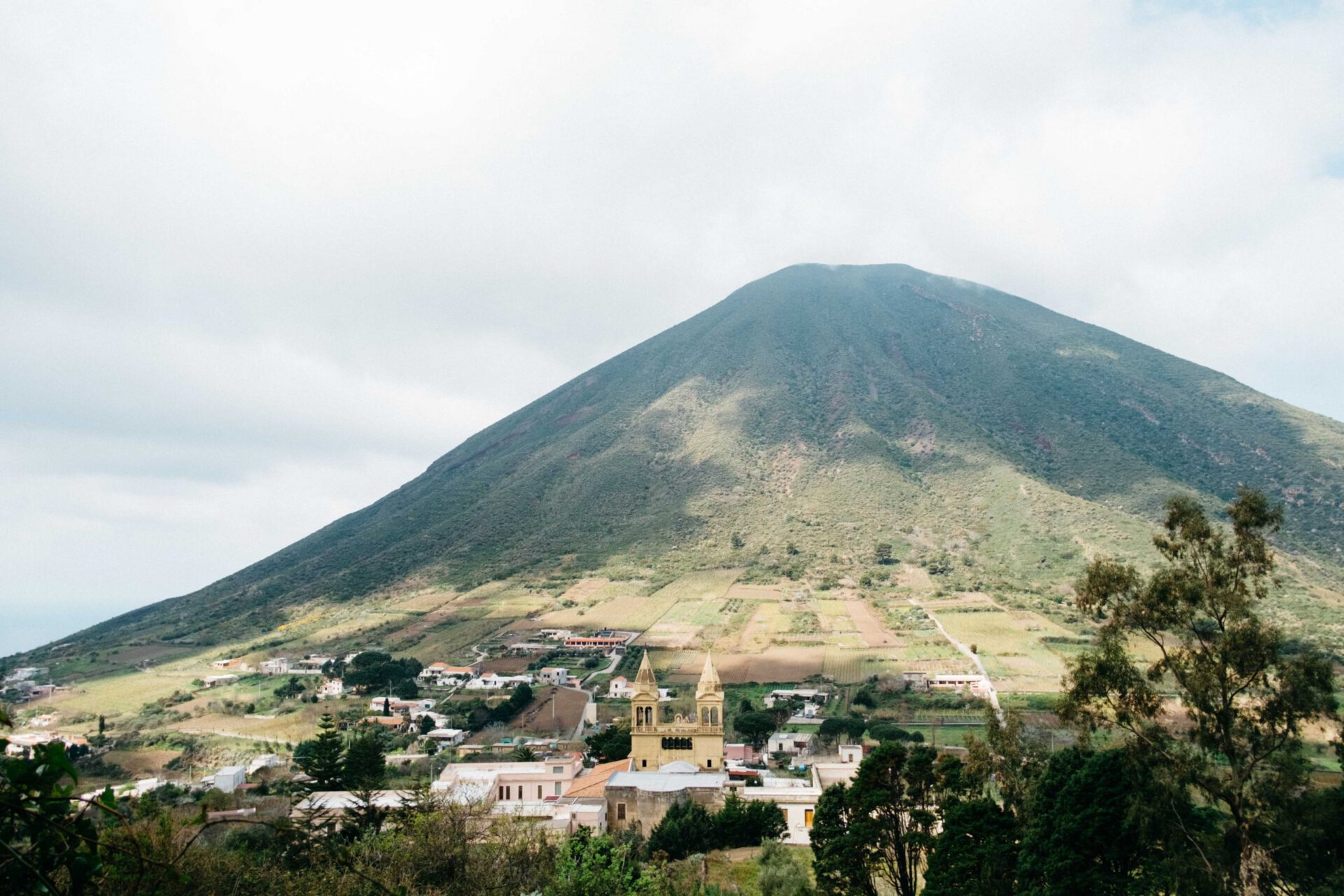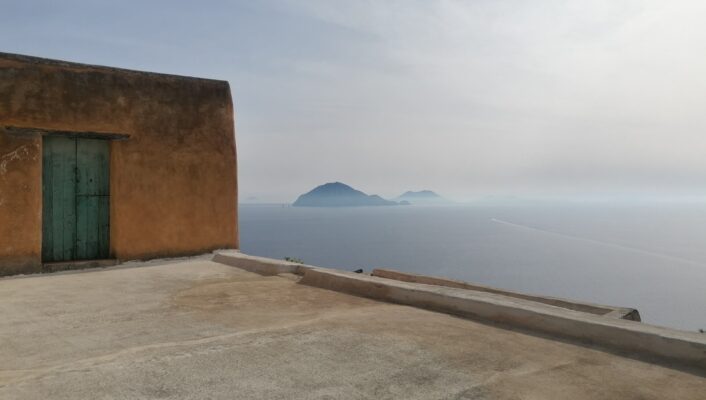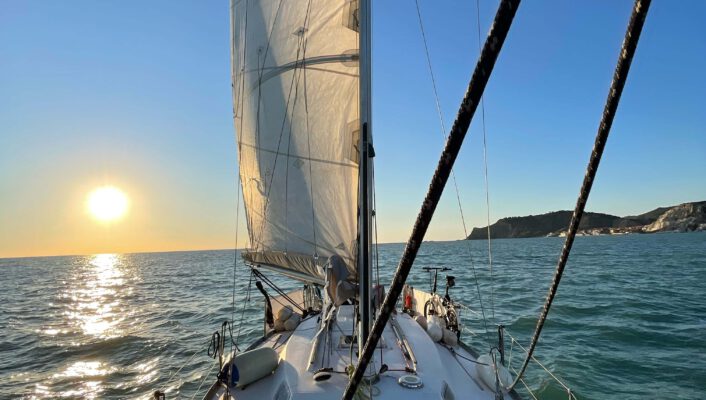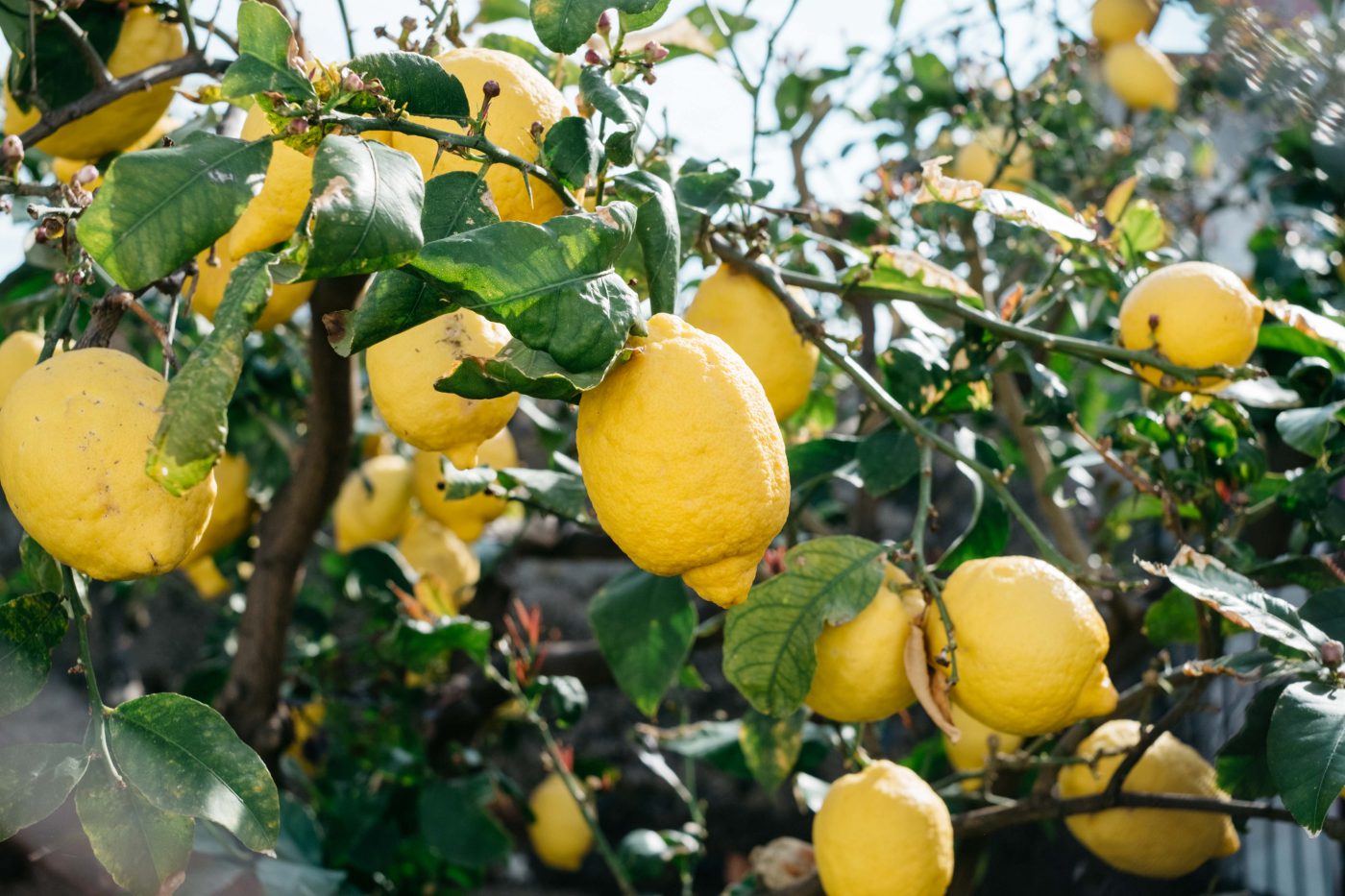The island of Salina, the second largest of Sicily’s Aeolian archipelago, is hardly a well-kept secret among Italians. This comes as no surprise. From verdant hills and hidden coves to prize-winning capers and local Malvasia, Salina has it all. It’s really not difficult to understand why director Massimo Troisi shot the much-loved film Il Postino (1994) on the island.
While Salina thankfully does not get as crowded as the Amalfi Coast, the small villages of Santa Marina Salina and Malfa are teeming with life during July and August. Well-heeled Italians browse the island’s chic boutiques, enjoy an aperitivo at one of the many stylish bars or head out on boats to explore the stunning coastline. Yet while Salina definitely deserves a spot on your summer itinerary, there’s another, quieter way to experience what the island has to offer. Aeolian life is all about enjoying a slower pace, and there’s no better way to experience that than travelling out of season.
Peak season typically lasts from mid-June to the end of August – we visited at the end of March, travelling by ferry from Milazzo (1 hour 25 minutes). The island was just waking up from winter – apart from a handful of other tourists, it was just us and the locals – but the sun was shining and everything was in bloom. Though Salina is a volcanic island like neighbouring Lipari and Panarea, the landscape is green and lush thanks to the presence of freshwater springs. Woodlands and wildflowers cover the hillside, and the land offers fertile terrain to grow capers, chestnuts, grapes and more.
We stayed in a simple B&B in the main port of Santa Marina Salina: a white villa in typical Aeolian style with a large veranda overlooking the crystal-blue sea. Though we were the only guests, the propretaria, who grew up on the island, prepared a delicious breakfast for us every day – jams made from locally grown fruit, homemade cakes and bread, freshly squeezed orange juice and plenty of coffee.
We spent our days exploring the island, visiting Rinella harbour and swimming off the coast of Pollara, a fishing village on the eastern coast with a spectacular coastline that famously featured in Il Postino. The cooler temperatures meant that we also could take a long hike up Monte Fossa delle Felci (962m), a non-active volcano in the centre of the island. We packed a picnic of pane cunzato, a traditional seasoned bread from the region, from the local alimentari and enjoyed stunning views of the islands of Filicudi and Alicudi as well as Monte dei Porri (680m), the other volcanic peak on the island.
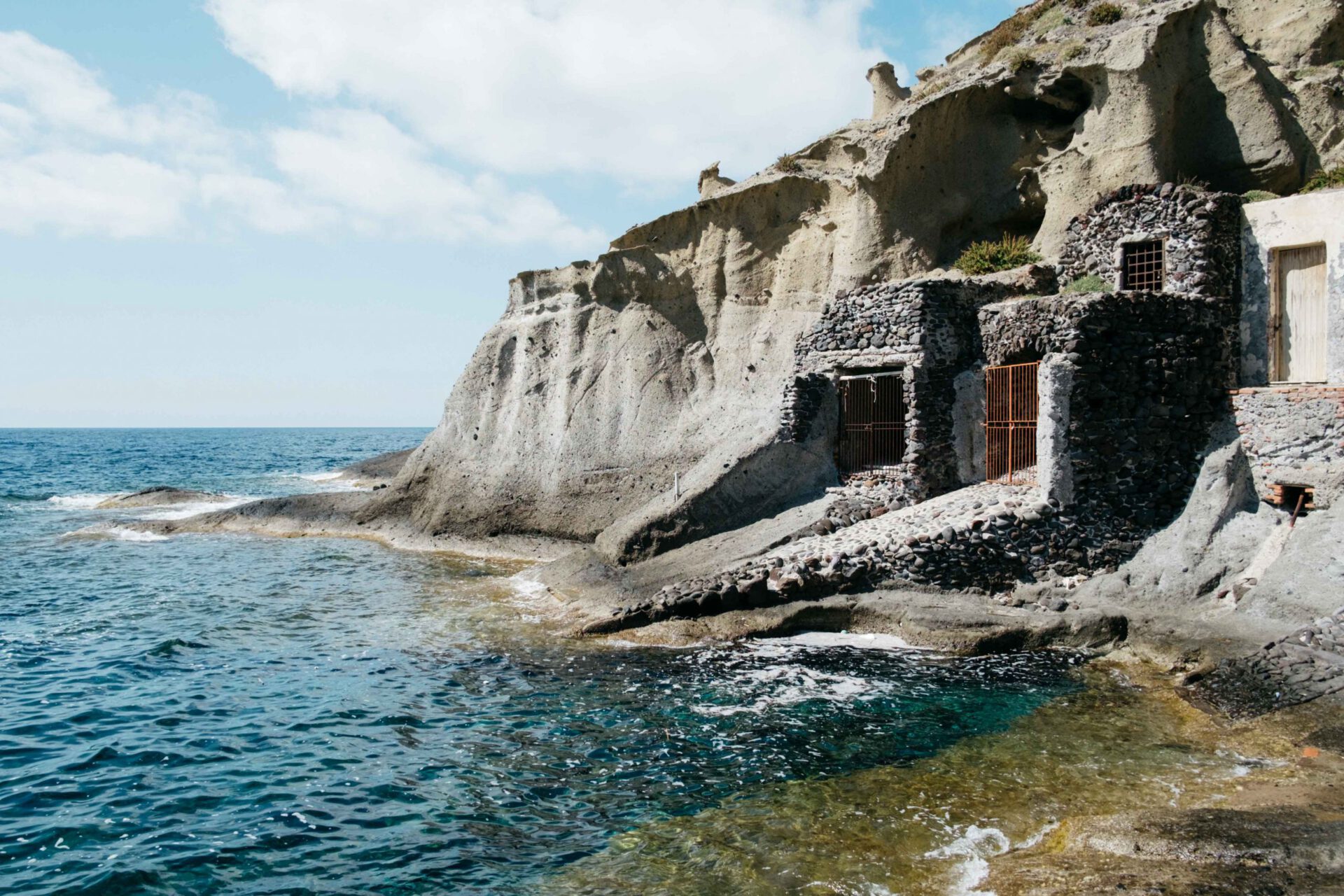
In Lingua – a sleepy village on the south-westerly tip of the island where the former salt lake that gives the island its name is located – we met an animated elderly gentleman in a Fiat Panda, who insisted on giving us a lift back to our B&B. During the short car ride, we learned that this was Alfredo, famous for his delicious granite. Though the shop, Bar da Alfredo, was still closed for the season, he promised to make us one of his specialities with local gelsi (mulberries) or fichi d’india (prickly pears).
We encountered such island hospitality everywhere we went. Given that it was still quiet, the staff at the few restaurants that were open treated us like family. Chefs prepared fragrant dishes of pasta eoliana – spaghetti laden with cherry tomatoes, olives, anchovies and Salina’s famous capers – and platters of fresh fish and vegetables from the market. We shared a local digestivo with restaurant owners, chatting about the upcoming caper festival and the best card players on the island (apparently Alfredo regularly joined games at the circolo in Santa Marina!).
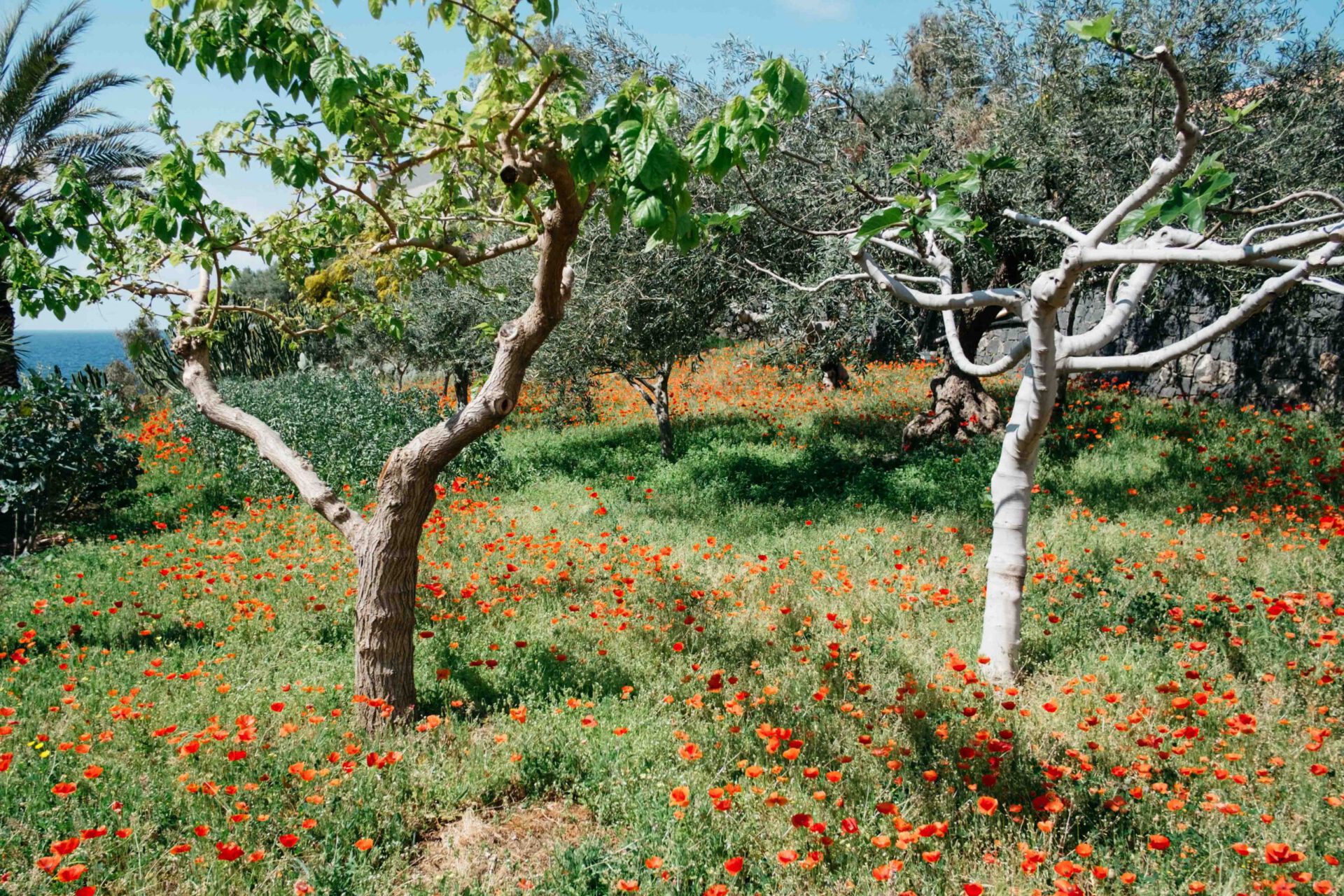
For a few days, it felt like we belonged on this peaceful, stunningly beautiful island with delicious food and wine. Sure, the boutique hotels and high-end restaurants might not have been open, but we got a small sense of what life must be like for Salina’s residents.
We all need to adjust to a new kind of travel post-Covid. It’s worth asking what really matters when we go on holiday – could we trade luxury accommodation and signature cocktails for the simple pleasures of Aeolian life? Drinking a beer on the terrace at the circolo, watching the sunset over the Mediterrenean, I certainly could.
Cathleen Mair is a London-based writer and PhD candidate, who grew up in Florence. In her spare time, she co-hosts literary events in unexpected places with Dinner Party Press.
